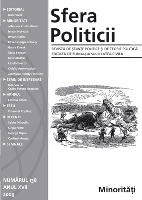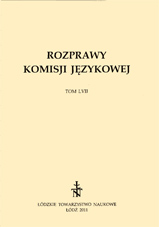
Challenging the interchange relations between the Islamic world and the West
Provocări la adresa unei relaţii de recipro-citate între lumea islamică şi Occident
Review of: Dumitru Chican, Omul de după om: Islamul în contextul modernismului şi postmodernismului, Editura Pastel, Braşov 2007, 168 pg.
More...
